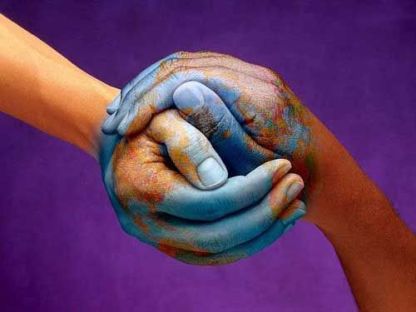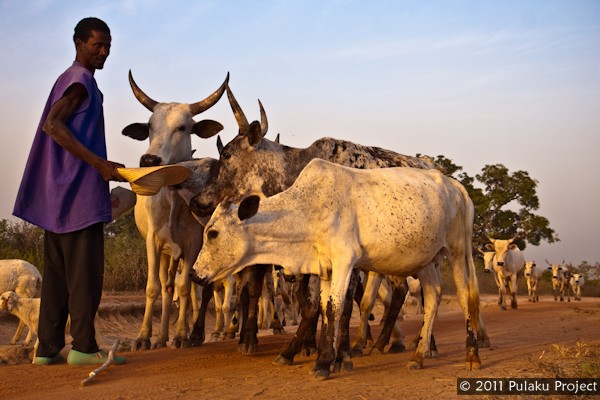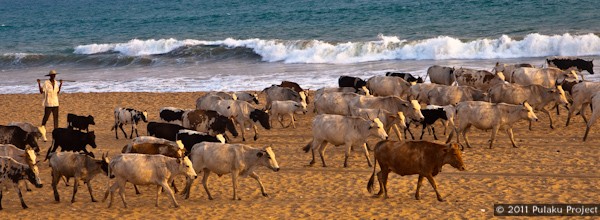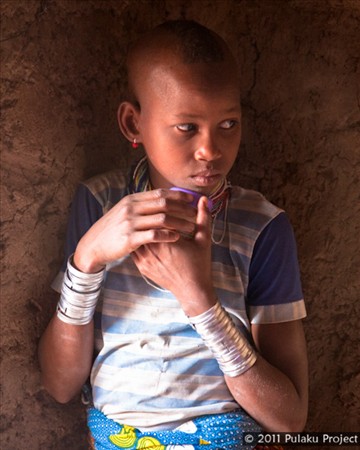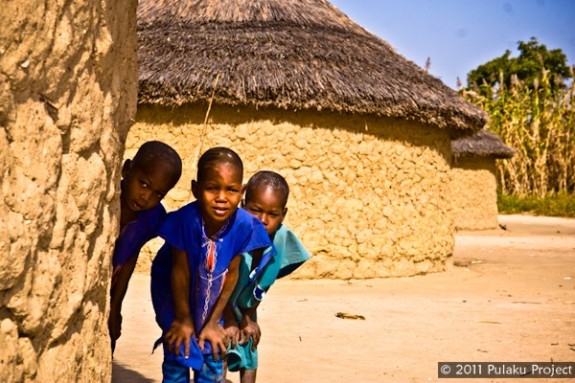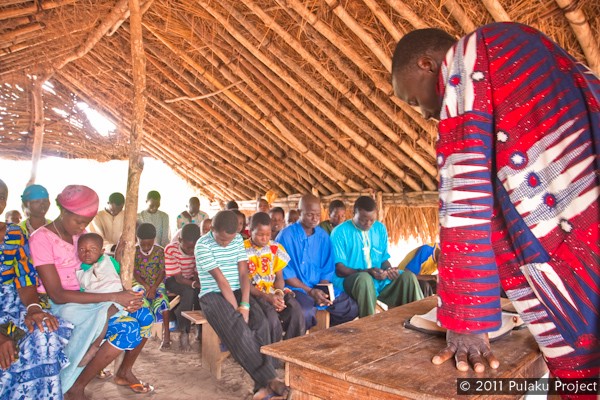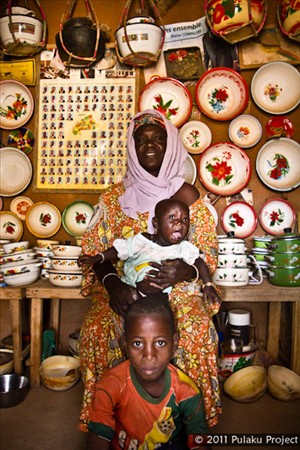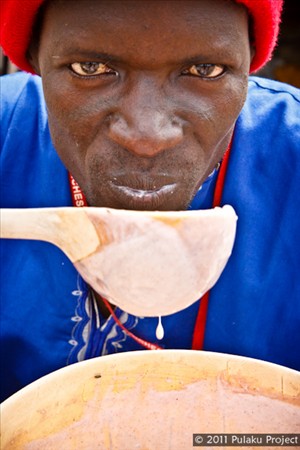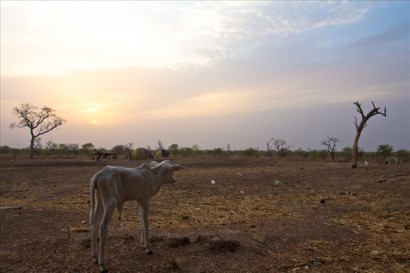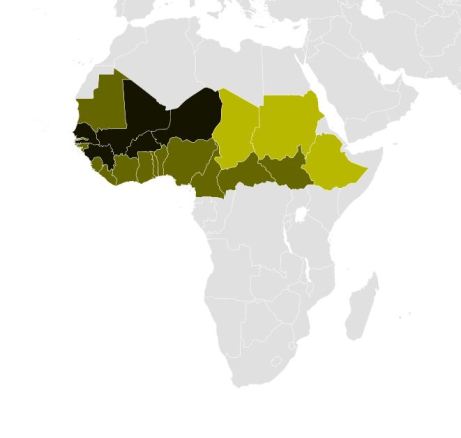
The Fulani are an ethic group of people who were once nomadic cattle-herders from all over West Africa. Current estimates reveal that of the 20-25 million Fulani peoples 7-8 million remain nomadic, while around 16-17 million are settled or semi-settled(farmers)
There are mixed narratives about where they originated, some historians they are of Judaeo-Syrian origin or sub-Sahara Africa, while others point to middle of the Senegal River Valley. The true origin of the Fulani have become somewhat of a legendary tale of migration from the East. “The countries in Africa where they are present include Mauritania, Senegal, Guinea, The Gambia, Mali, Nigeria, Sierra Leone, Benin, Burkina Faso, Guinea Bissau, Cameroon, Côte d’Ivoire (Ivory Coast), Niger, Togo, the Central African Republic, Ghana, Liberia, and as far as Sudan in the East”
“Town Fulani” or settled Fulani live much like the rest of the urbanized people of the community in which they inhibit, if they are not nomadic.
The Fulani are primarily Muslim and have a caste system that serves as a social hierarchy. They use religion as a distinguishing factor that separates them from others in a sense. It is a part of what is unique about them.
They speak Fulfulde which is categorized as a Hamito-Semitic language with influences of Arabic, Hebrew, and West African language. Most Fulani are multilingual as they most likely speak the language that is spoken where they live, and on top of they they will most likely understand the many different regional dialects of Fulfulde.
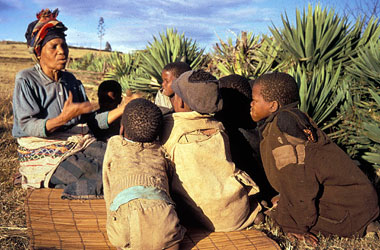 There are two broad categories of the oral literature of the Fulani, the first of which is narrated by storytelling or short jokes, and the second group which is sung.
There are two broad categories of the oral literature of the Fulani, the first of which is narrated by storytelling or short jokes, and the second group which is sung.